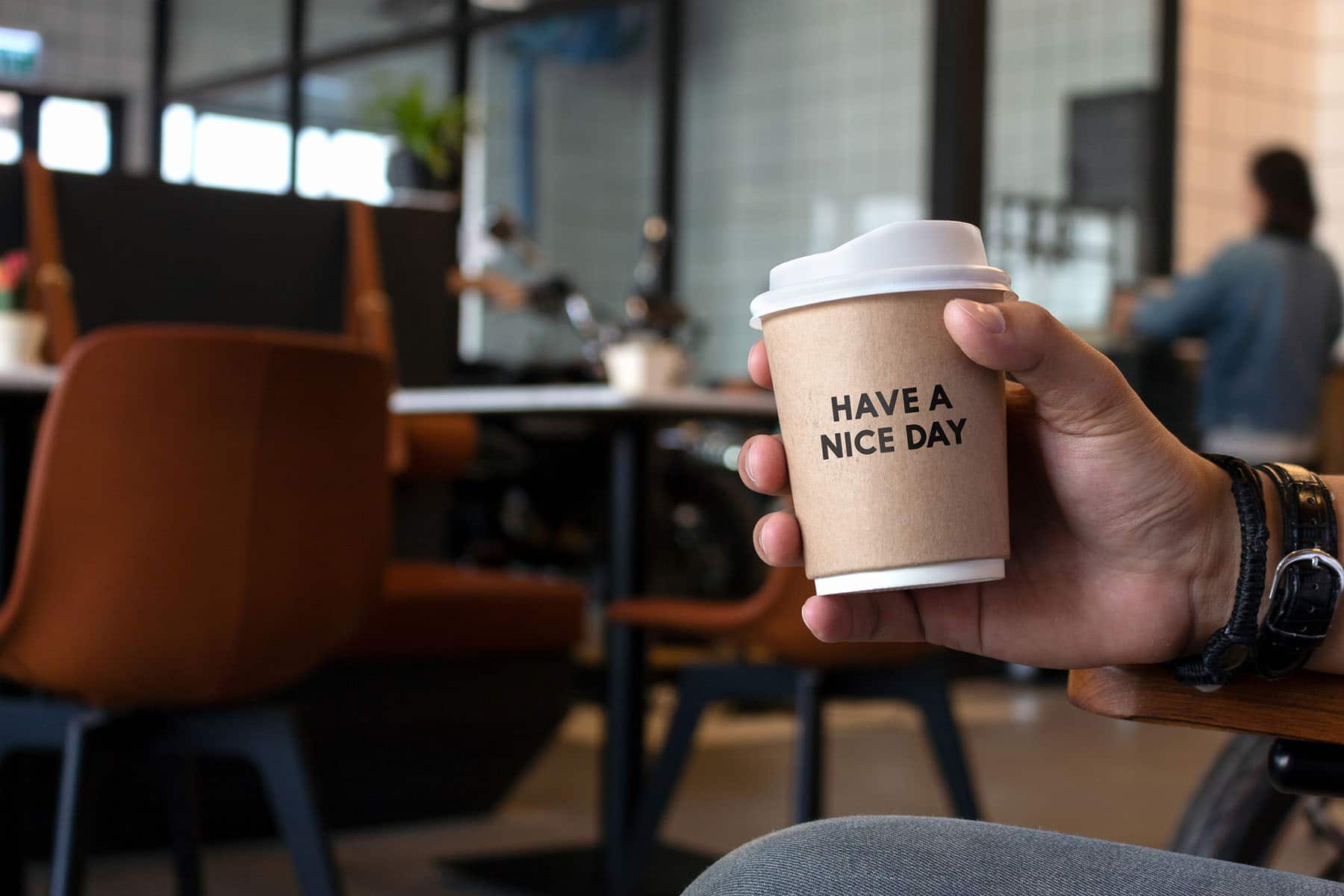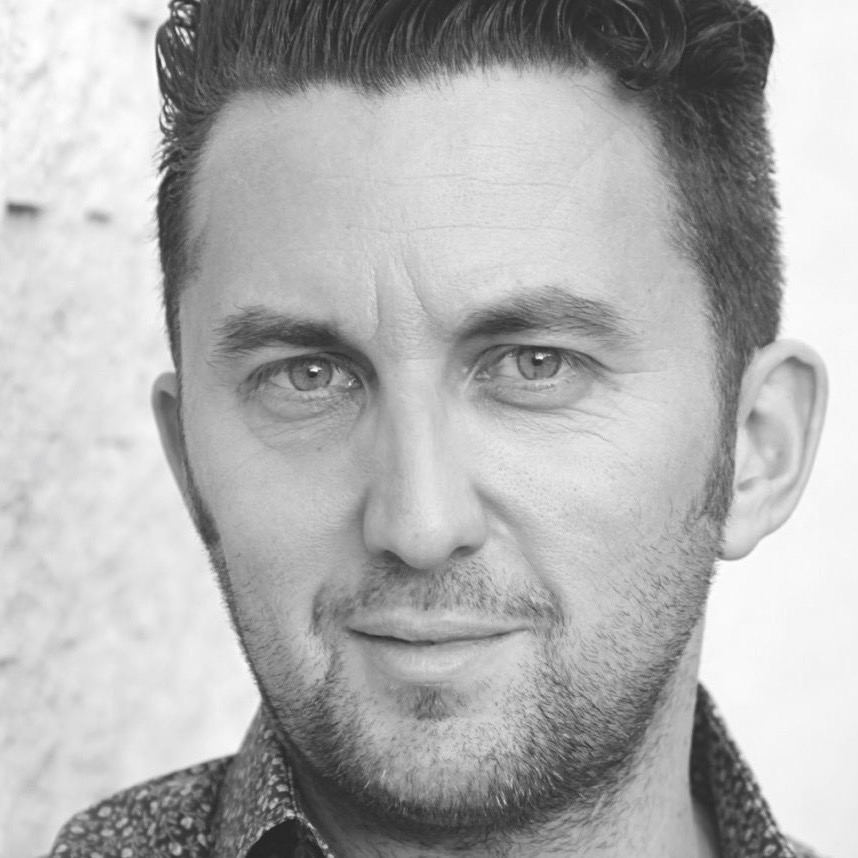 Photo by Memory Stock Photo/Getty Images
Photo by Memory Stock Photo/Getty Images Years go by quickly — unless that year is called “2020.” Time usually flies, but not this time. Thomas Wolfe’s 1940 novel was titled “You Can’t Go Home Again,” except, along with so many others, I too have gone home. At least for now. Within the span of 11 months, some of my friends flew away from Los Angeles and are now living in Tel Aviv, North Carolina, Pennsylvania, Texas and Hawaii. Some Israeli families left Los Angeles and moved to Miami. Early last week, one beleaguered family even left Washington, D.C. and went home to Mar-a-Lago.
A lyric from “Hamilton” feels especially timely. One song goes “The world turns upside down…and so the American experiment begins, with my friends all scattered to the wind.” What better way to describe 2021?
I find it surreal that one year ago, we were in Los Angeles having in-person meetings. They now take place via Zoom across different cities, countries and time zones. There was no clue in February 2020 that the world was about to be turned upside down.
Last August, I landed in England on what was initially planned as a six-month visit to be closer to my family during the lockdown. Little did I know that America would turn into a no-fly zone for non-citizens, and it is unclear when the skies will open once again.
As an American visa holder, I want to return to the United States, but from watching a steady diet of Fox News and CNN, it is unclear what I will be returning to. But walking around the streets of England, the place I have returned to, is also unfamiliar. Despite growing up in England and living part of my adult life here, a decade in California can change a person.
Despite growing up in England, a decade in California can change a person.
A British refrain about America is that people say “have a nice day” but don’t mean it. On a good day, a British shop assistant might vaguely acknowledge your presence with a paleolithic grunt or murmur. I would say that in the English dictionary there is no word for “hello,” but there are a lot of words in the Oxford English Dictionary.
In America, someone might throw out a “hello, how are you?” without waiting for an answer. It took me a few visits to the shopping mall in West Hollywood before I understood that the answer to “how are you?” was not to respond with a detailed 10-minute explanation of how I was recovering from the childhood trauma of going into British shops and being ignored.
On a recent walk in the Great British countryside, I decided to count how many people initiated a “hello.” It averaged a grand total of one person in every 100. So much for English manners, although we do a great job of exporting it to the world. One justification for this apparent lack of English friendliness is that “you know where you stand” with someone, and that you are fully aware if they don’t really like you. As a born-again Californian, I would rather a fake smile than not smile at all. It’s best to assume that everyone you meet in Los Angeles is an actor. All you need to do is remember your lines.
There is a Talmudic principle that even if you do something for the wrong reason, it eventually becomes the right reason. A false hello may eventually become a real one. There is a Torah principle to greet everyone with a happy face, although there is no Rabbinic injunction that you have to mean what you say and no Biblical phrase for “once more with feeling.”
There is a British cultural sophistication and refinement that I sometimes missed in Los Angeles. We are drip fed Shakespeare from an early age, taken to the theatre on school trips and whisked off on day trips to France as soon as we begin learning the language. Although my linguistic memory is hazy from the tender age of 11, I probably said something like “Bonjour! Je m’appelle Marcus. J’aime cool bands like Wham! et Duran Duran. J’ai kosher sandwiches dans mon duffel bag. Voulez-vous couchez avec moi ce soir?”
You can never go home again. But if you do, start a Zoom drinking session with your friends in other cities, and make sure you have a very nice day.
Marcus J Freed is an actor, writer and born-again Californian. www.marcusjfreed.com https://www.instagram.com/marcusjfreed/























 More news and opinions than at a Shabbat dinner, right in your inbox.
More news and opinions than at a Shabbat dinner, right in your inbox.